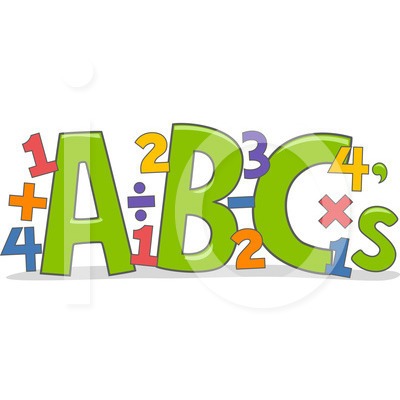
Suplemento educativo
Comparatives and Superlatives / comparativos y superlativos
Por Estela González Torres
July 2014Un adjetivo puede tener tres grados: positivo o normal, comparativo (para comparar —más/menos X que—) y superlativo (para expresar la característica en su grado máximo —el/la más—).
Cuando comparamos en español, utilizamos que y en inglés than: Isabel is nicer than Ana (Isabel es más amable que Ana).
En inglés, los adjetivos se clasifican en: adjetivos cortos (short adjectives: short [short], small [smol], strong [stron], nice [náis], easy [ísi], happy [japi], big [big], etc.) y adjetivos largos (long adjectives: beautiful [biutiful], intelligent [intéliyent], difficult [díficult], expensive [expénsif], etc.).
Short adjectives [short ádyetifs]
| POSITIVE | COMPARATIVE | SUPERLATIVE |
| short (bajo/a) | shorter (más bajo/a) | the shortest (el/ la más bajo/a) |
| small (pequeño/a) | smaller (más pequeño/a) | the smallest (el/la más pequeño/a) |
| strong (fuerte) | stronger (más fuerte) | the strongest (el/la más fuerte) |
| nice (amable) | nicer (más amable) | the nicest (el/la más amable) |
Si el adjetivo termina en -y, para formar el comparativo o el superlativo, esta se convierte en -i: easy (fácil) - easier (más fácil) - the easiest (el/la más fácil); happy (feliz) - happier (más feliz) - the happiest (el/la más feliz).
A veces, debemos duplicar la consonante final: big (grande) - bigger (más grande) - the biggest (el/la más grande).
Long adjectives [long ádyetifs]
| POSITIVE | COMPARATIVE | SUPERLATIVE |
| beautiful (hermoso/a) | more beautiful (más hermoso/a) | the most beautiful (el/la más hermoso/a) |
| intelligent (inteligente) | more intelligent (más inteligente) | the most intelligent (el/la más inteligente) |
| difficult (difícil) | more difficult (más difícil) | the most difficult (el/la más difícil) |
| expensive (caro) | more expensive (más caro/a) | the most (el/la más caro/a) |
REMEMBER / RECUERDA
Object Pronouns Pronombres de objeto
me yo
you tú
him/her/it él/ella/eso
us nosotros, as
you ustedes
them ellos, as
Put the words in the correct order. Then write a superlative and comparative sentence using the adjective.
Example. Town, city, village – big: City, town, village. A city is the biggest. A town is bigger than a village.
1. Plane, car, bicycle – fast:
2. Goldfish, gorilla, human – intelligent:
3. Baby, adult, teenager – old:
4. Mansion, apartment, house – large:
Answer Key [ánserki]: 1. Plane, car, bicycle. A plane is the fastest. A car is faster than a bicycle.
2. Human, gorilla, goldfish. A human is the most intelligent. A gorilla is more intelligent than a goldfish.
3. Adult, teenager, baby. An adult is the oldest. A teenager is older than a baby.
4. Mansion, house, apartment. A mansion is the largest. A house is larger than an apartment.
COPYRIGHT 2014La Voz, Cultura y noticias hispanas del Valle de Hudson
Comments | |
|
Comentario: gracias Posted: 10/3/2021 |
|

